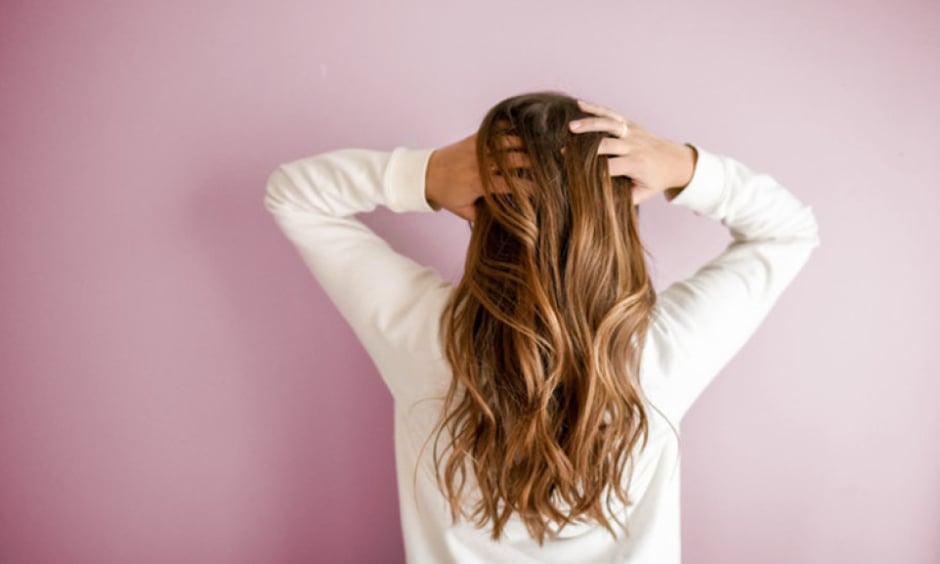Affecting approximately 50 million men and 30 million women in the USA, androgenetic alopecia (AGA) is the most common form of hair loss. There is debate within the dermatological community as to whether inflammation has a role in AGA and whether targeting it will have a beneficial therapeutic outcome. Results from a clinical trial of ATI-502 has shown that there may be potential in targeting inflammation for AGA.
Basing their approach on the rationale and discovery, from studies by a team at Columbia University, New York, USA, led by Dr Angela Christiano, that JAK inhibitors can promote hair follicles to re-enter the growth phase, Aclaris Therapeutics developed ATI-502, a topical JAK 1/3 inhibitor. The Phase II open-label trial involved 31 patients with AGA, of which 23 completed 6 months of treatment. ATI-502 was applied twice daily for 26 weeks and hair growth was investigated.
Evaluable hair count was seen in 20 subjects (14 men and 6 women) and 22 patients recorded investigator global assessment and subject self-assessment scores. The investigators rated 16 of 22 subjects (73%) as experiencing increased hair growth, and 18 of 22 subjects (82%) rated themselves as experiencing increased hair growth. At 26 weeks, mean increase in non-vellus target area hair count in females was 15.3 hairs/cm2 and 5.6 hairs/cm2 in males. This strong effect seen in females presented in a linear fashion over the 6 months, this is not typical in the treatment of AGA, showing promise for the long-term outcome of the treatment.
Data from a 12-month trial will be available by the end of this year, hopefully showing a continuation of this linear hair growth. In addition to this, Aclaris will be conducting a double-blind, randomised, controlled Phase II clinical trial investigating higher doses of ATI-502 in early 2020.
Although the majority of current treatments for AGA are hormonal, ATI-502 represents a new class of AGA treatment that is non-hormonal and has the potential to be a monotherapy, but if desired, used in combination with existing therapies.
“Looking at the aggregate of the data, any way you looked at it was positive. If you look at target area hair count, the physicians’ global assessment or the subjects’ assessment, they all showed nice results,” Neil Walker, president and CEO of Aclaaris Therapeutics, said in an interview with Healio Dermatology. “We found that inflammation, in fact, does play a key role in male/female pattern hair loss,” concluded Walker.







